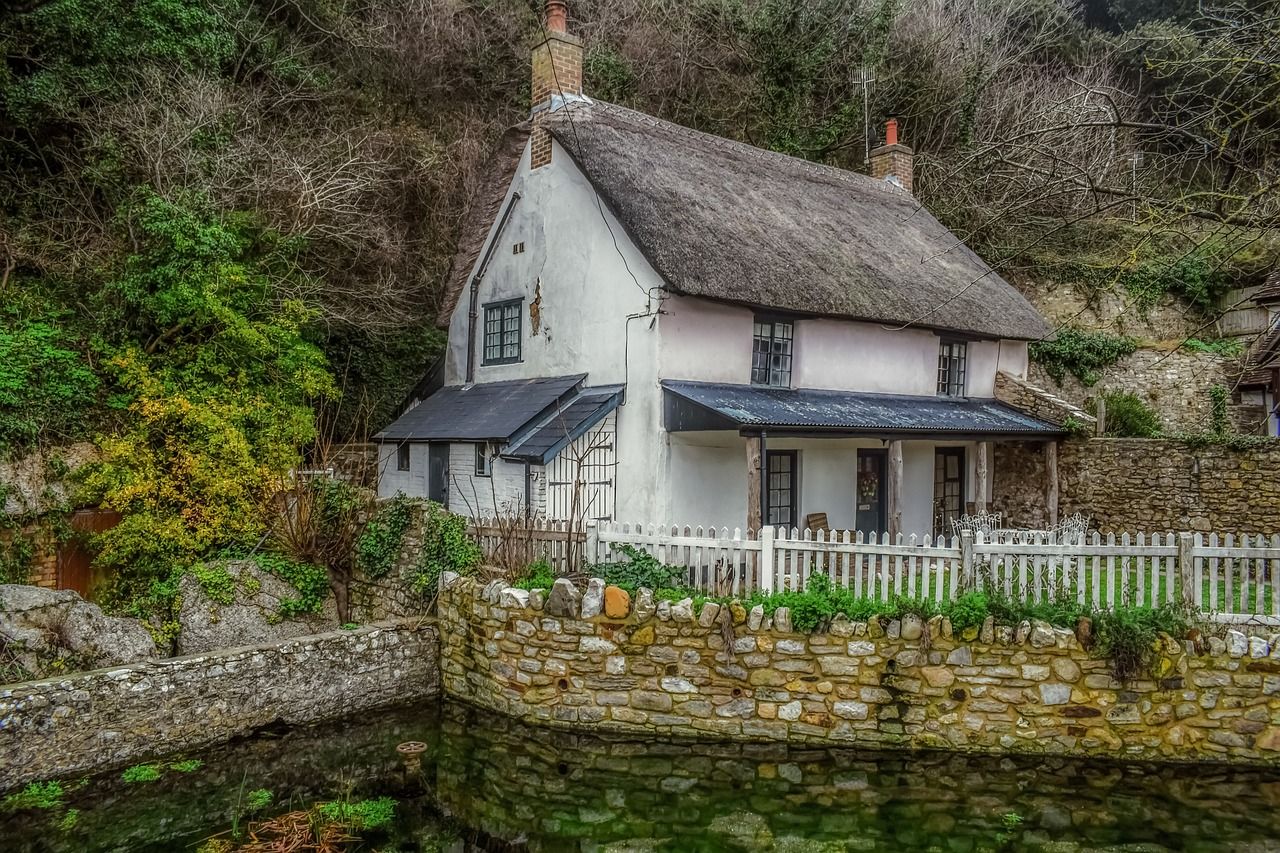Residential Property Surveys
A properly conducted Residential Property Survey could give you the confidence to go ahead, or save you from making the biggest mistake of your life. It is not something you should undervalue.
In most instances a property survey is not a legal requirement; it is however an extremely sensible thing to have and will often be a requirement of one or more parties to a property transaction.
A residential property survey will provide you with advice and information about the property on things you may well not notice or consider yourself, but which will be very relevant to you. It is valuable for deciding whether you actually want the property, how suitable it will be for you, how much it is really worth and how much you need to budget for additional works.
In England, Wales or Northern Ireland it us usually a prospective buyer would arrange the property survey. A surveyor may often be recommended by the estate agent, solicitor or mortgage lender. In Scotland however, the seller must provide a Home Report and estate agents normally organise it.
In all cases, you should be sure to use a registered surveyor belonging to the Residential Property Surveyors Association (RPSA) or the Royal Institute of Chartered Surveyors (RICS). This ensures you will be using a suitably qualified professional to carry out your survey.
It is also highly recommended that you use a surveyor who is local and has good knowledge of the specific construction types and potential risks in the area the property is located. The Proficiency "Find a member" search will help you find your local residential property surveyor.

A lender will usually require at least a mortgage valuation survey. These help them assess whether the price of the property is realistic in comparison to the amount they are lending against it. Although a mortgage valuation survey is not an in-depth survey, it will expose some potential defects, giving the lender enough information to assess the likely risk in lending against it.
The level of detail a lender needs to decide whether they would be likely to get their money back in a forced sale is limited. The level of detail you need to assess whether the property is suitable for you, what you may need to alter or repair and how much it is likely to cost you is significantly greater.
The older the property, or the more changes you are likely to make to it, the more significant an expert assessment of it will be. Knowing the condition of the property will enable you to understand the extent of work needed to maintain or repair it, and factor in the costs involved.

Use the Find A Member button at the top of the page to locate your nearest Proficiency member who provides the type of residential property survey you need.
Home Buyer Survey / Home Condition Survey
This is a more in-depth survey that reports on what is visible to the surveyor at surface level. It is non-invasive meaning that the surveyor will not drill into walls, lift floorboards or move items that are in the way of inspection. It may well be suitable for more modern properties which are of standard construction and generally in a good state of repair. It can be very informative and is likely to pick up issues such as damp or subsidence that could impact on the property’s value and ongoing maintenance requirements.
Home Survey / Building Survey
This is the most thorough residential property survey and provides a more detailed report on the structure and condition of the building. It is highly recommended for older, listed, renovated or non-standard construction properties. The report will list any defects identified by the assessor and provide advice on relevant maintenance and repair requirements.
Other survey types
Some of our members are also able to offer specialist RPSA structured surveys including a Buy To Let Survey, New-build Snagging Survey or for portfolio investors a Home Review. Contact the member direct for more information.
